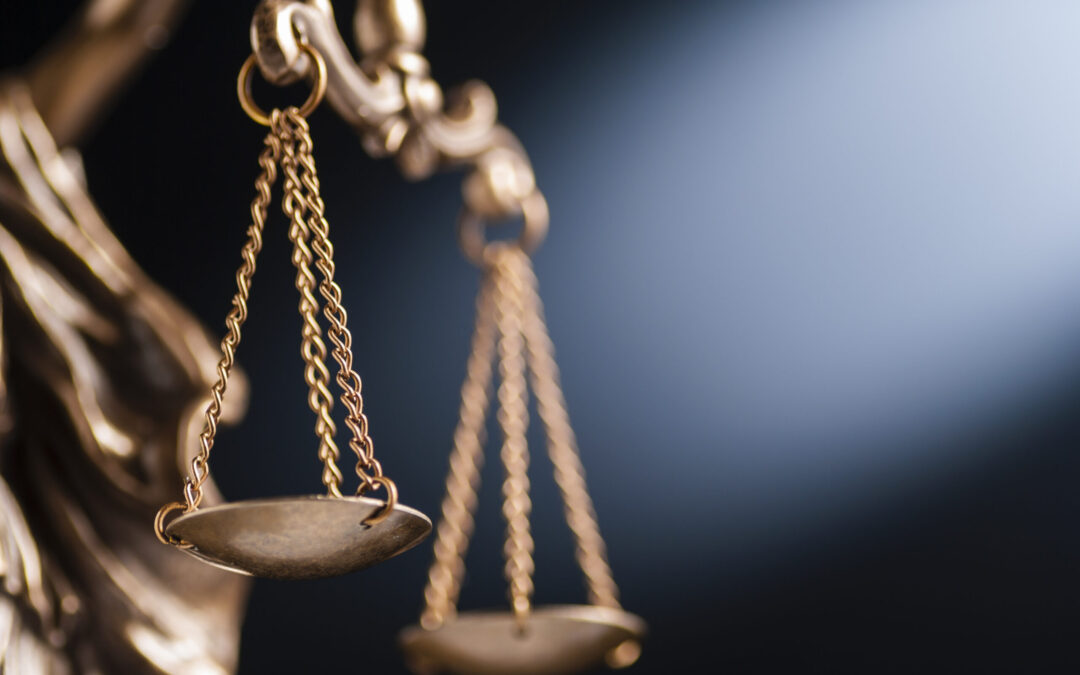Determining who is at fault in a car accident isn’t always black and white. In many cases, both parties share some responsibility for the crash. That’s where Florida’s comparative negligence laws come into play.
As of 2023, Florida follows a modified comparative negligence rule, which can significantly impact your ability to recover compensation after a car accident—especially in cities like Sarasota, where high-traffic areas increase the risk of complex collisions.
In this article, we’ll break down what comparative negligence means, how it applies to Sarasota personal injury claims, and what you can do to protect your right to compensation if you’re partially at fault.
What Is Comparative Negligence?
Comparative negligence is a legal principle used to allocate fault between multiple parties in an accident. It determines how much compensation a person can receive based on their share of the blame.
Florida’s Modified Comparative Negligence Rule (Post-2023)
In 2023, Florida updated its law to a modified comparative negligence system with a 51% bar. Here’s what that means:
- You can still recover compensation if you are 50% or less at fault for the accident.
- If you are 51% or more at fault, you are barred from recovering any damages.
This rule applies to all personal injury claims, including those involving auto accidents in Sarasota.
How Comparative Negligence Affects Your Compensation
Your total compensation is reduced by the percentage of fault assigned to you.
For example:
- If your total damages are $100,000
- And you’re found 30% at fault
- You would receive $70,000 (a 30% reduction)
This percentage is typically determined by insurance companies during settlement negotiations—or by a jury if the case goes to trial.
Common Scenarios Where Fault Is Shared
Rear-End Collisions
Even in rear-end crashes, the front driver may share fault—for example, if they suddenly stopped without cause or had malfunctioning brake lights.
Intersection Accidents
Both drivers may enter the intersection too early, ignore a traffic signal, or misjudge timing.
Pedestrian or Bicycle Accidents
A driver may be distracted, but a pedestrian may also cross against the signal. Comparative negligence applies to both.
Distracted Driving
If both drivers were texting, speeding, or failing to pay attention, they may each carry a portion of the blame.
Why Fault Matters in Florida Car Accident Claims
Florida is a no-fault insurance state, so Personal Injury Protection (PIP) covers medical bills up to $10,000, regardless of fault. But to pursue a liability claim for additional compensation—like pain and suffering or long-term income loss—you must prove that:
- Your injuries meet Florida’s serious injury threshold
- You were less than 51% at fault
In other words, your percentage of fault directly impacts your ability to recover beyond PIP coverage.
How Is Fault Determined in a Sarasota Accident?
Fault is assigned based on available evidence, including:
- Police reports
- Eyewitness statements
- Surveillance or dashcam footage
- Photos of the accident scene
- Expert accident reconstruction
Insurance companies will often try to assign a higher percentage of blame to reduce your payout, which is why it’s important to have an experienced legal advocate on your side.
How an Attorney Can Help in Comparative Negligence Cases
When fault is disputed, a Sarasota personal injury attorney can:
- Investigate the accident thoroughly
- Gather and present clear evidence
- Challenge exaggerated claims of your fault
- Negotiate a fair settlement based on the facts
Even a small increase in assigned fault can reduce your compensation by thousands of dollars—so having proper representation can make a significant difference.
Don’t Let Shared Fault Cost You Your Claim
Florida’s comparative negligence laws can be complicated, but understanding how they work is essential if you’ve been injured in a Sarasota car accident. Even if you were partially at fault, you may still have the right to compensation.
To protect your claim and ensure your percentage of fault is fairly evaluated, call Warren Chin at ECD Law at (941) 366-8888 today for experienced legal guidance.

